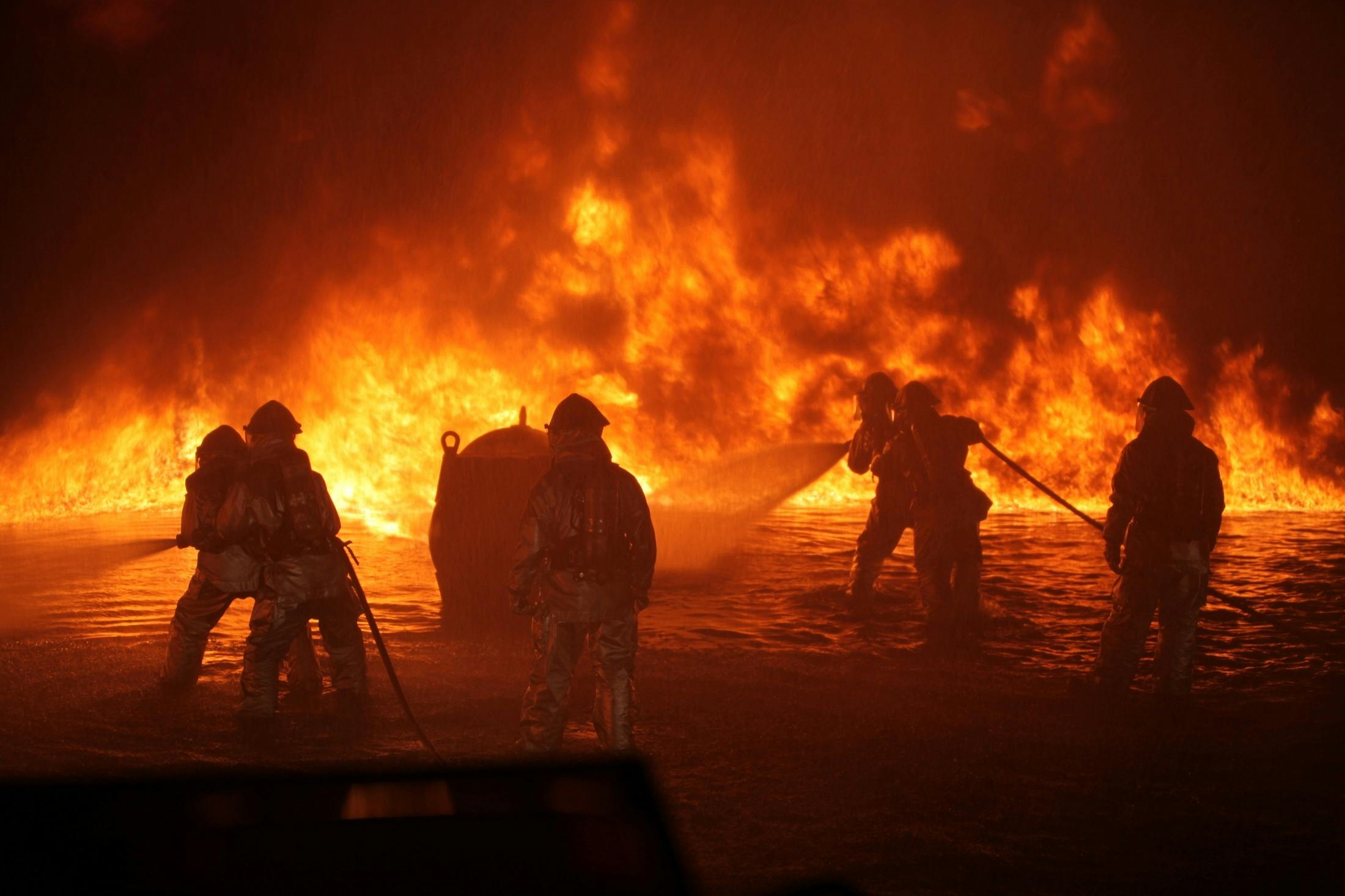"You saw with your own eyes what the LORD did at Baal Peor. The LORD your God destroyed from among you everyone who followed the Baal of Peor..." (4:3). Remember how God treated your brothers who worshiped other gods. Remember that God will not accept that behavior.
"Only be careful, and watch yourselves closely so that you do not forget the things your eyes have seen or let them fade from your heart as long as you live. Teach them to your children and to their children after them" (4:9). Don't forget. Don't let your children forget.
"Remember the day you stood before the LORD your God at Horeb ... You saw no form of any kind the day the LORD spoke to you at Horeb out of the fire" (4:10, 15). Remember that God never showed you an image. So do not make one. You cannot represent him as a man or an animal or any other creature. If you make any representation, it is not of God; it will be idolatry. Remember Baal Peor.
"Be careful not to forget the covenant of the LORD your God that he made with you; do not make for yourselves an idol in the form of anything the LORD your God has forbidden" (4:23) Why?
"For the LORD your God is a consuming fire, a jealous God" (4:24).
A consuming fire. I like the NRSV: "a devouring fire."
Fire is one of mankind's greatest tools. We take it for granted today, but it once kept us alive. It allowed us to create heat and light. It let us cook food and construct containers. It purifies water. It kindles the imagination.
And it destroys everything in its path. Its appetite is insatiable. When fire rages out of control, it is one of man's deadliest enemies.
When God's people worship other gods, HE is man's deadliest enemy.
"I am the LORD; that is my name!God doesn't share. He had redeemed his people. He had bestowed on them amazing blessings. He had made a place for himself among them. He demanded that be respected. He demanded to be treated as holy. Like any husband, he expected that his bride would forsake all others.
I will not yield my glory to another
or my praise to idols" (Is 42:8).
God doesn't change. He is just as jealous for his name today as he was then. He is just as determined that his people will treat him with the proper faithfulness and respect today as he was then. He expects his bride to be faithful.
The Church must never forget that this God is our Lord Jesus Christ. He is still a consuming fire. He still demands to be regarded as holy. He still demands that we be faithful. And he still punishes sin.
But with God there is mercy.
"After you have had children and grandchildren and have lived in the land a long time—if you then become corrupt and make any kind of idol, doing evil in the eyes of the LORD your God and arousing his anger ... The LORD will scatter you among the peoples ... But if from there you seek the LORD your God, you will find him if you seek him with all your heart and with all your soul" (4:25-29).
The Lord will punish. But he will also forgive.
"For the LORD your God is a merciful God; he will not abandon or destroy you or forget the covenant with your ancestors, which he confirmed to them by oath" (4:31).
God is a merciful God. And he keeps his promises.
God's grace is always greater than our sin. It's not an excuse to sin. It's not something we should presume upon. It's not something we should take for granted.
But it is something we can depend upon. It is something we should take as assured. God is never surprised by our sin, and he's always ready to receive the penitent sinner.
The church today needs to remember that our God expects our complete faithfulness, that his patience will eventually come to an end. And that he forgives the repentant sinner.
------
See also: Justly Jealous

